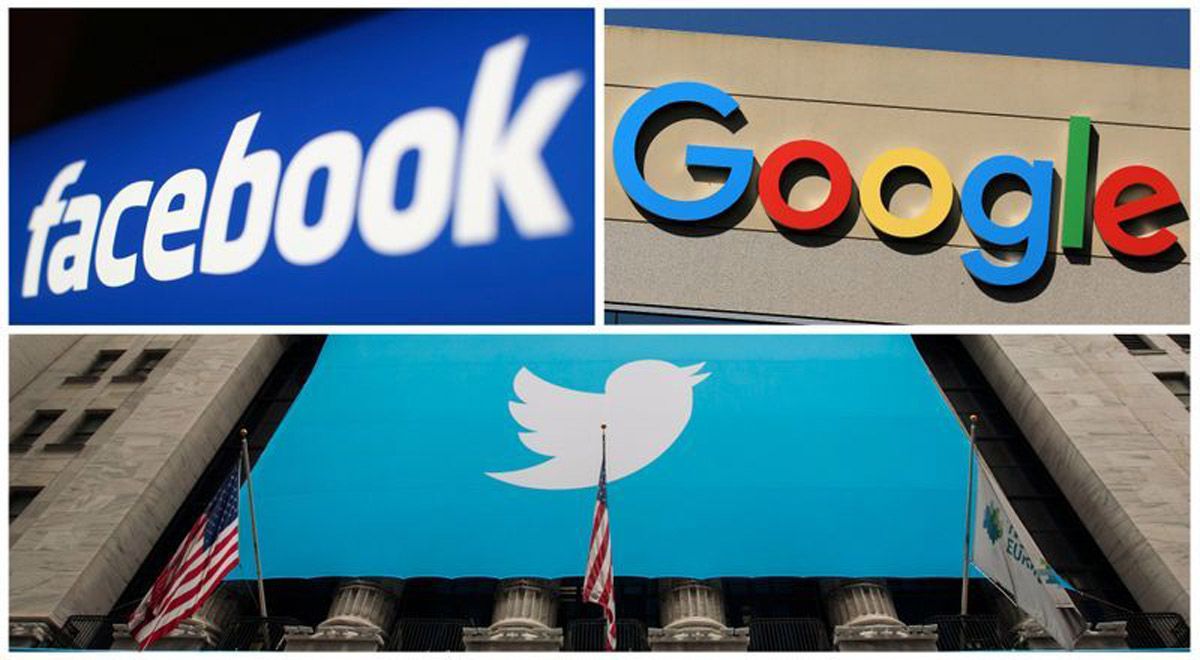How are efforts to regulate Big Tech going?

A few minutes every morning is all you need.
Stay up to date on the world's Headlines and Human Stories. It's fun, it's factual, it's fluff-free.
The US Congress has expressed its concerns over data collection, the suppression of first-amendment rights and big monopolies, yet these concerns have led to little regulatory action.
- Big Tech companies have thrived during the pandemic, posting record increases in shares and revenue.
- Apple’s most recent software update will now give you the option to opt-out of allowing other companies to track your actions online. Apple’s motivation, though, may strictly be monetary.
- The United States Congress has expressed its concerns over data collection, the suppression of first-amendment rights and big monopolies, yet these concerns have led to little regulatory action.
Local governments are stepping in
- Local governments from New York to North Dakota have offered tax measures and regulations to address concerns about Big Tech’s issues.
- In February, the Maryland State Senate forced through a measure to impose the nation’s first tax on revenue from digital advertisements on companies like Apple, Facebook and Amazon. Other states are considering similar taxes.
- Florida lawmakers announced new proposals aimed at social media companies’ alleged attacks on free speech.
- Republican Governor Ron DeSantis stated, “Over the years, these platforms have changed from neutral platforms that provide Americans with the freedom to speak to enforcers of preferred narratives.”
- Republicans have argued for years that social media companies want to silence Republicans while instead promoting progressive talking points.
What is Congress’ focus?
- On April 27, a Senate Judiciary Committee hearing took place with executives from Facebook, YouTube and Twitter.
- Senators from both sides of the aisle asked questions regarding the algorithms that social media websites use. These algorithms can result in the same ideas being repeated over and over again on users’ feed, resulting in the amplification of hate speech, misinformation and feelings of polarization.
- Along with the tech companies’ representatives, senators also called on outside experts to offer their thoughts on the issues.
- Tristan Harris, president of the Center for Humane Technology, believes that algorithms from social media sites have “warped our national communications” and has proposed regulations.
- “Facebook, Twitter, YouTube, TikTok are on a regular, daily basis tinkering with … 3 billion people’s daily thoughts with no oversight,” Harris said.
What’s next for Big Tech?
- For now, the federal government hasn’t passed any new laws to protect consumers’ privacy on social media sites.
- Harris has argued that federal regulations already in place in other sectors could be applied to social media.
- “Imagine the technology companies, which today profit from an infinite amount of engagement, only made money from a small portion of that,” Harris said. “And the rest basically was taxed to put into a regenerative public interest fund that funded things like the fourth estate, fact checkers, researchers, public interest technologists.”
Have a tip or story? Get in touch with our reporters at tips@themilsource.com




Comments ()